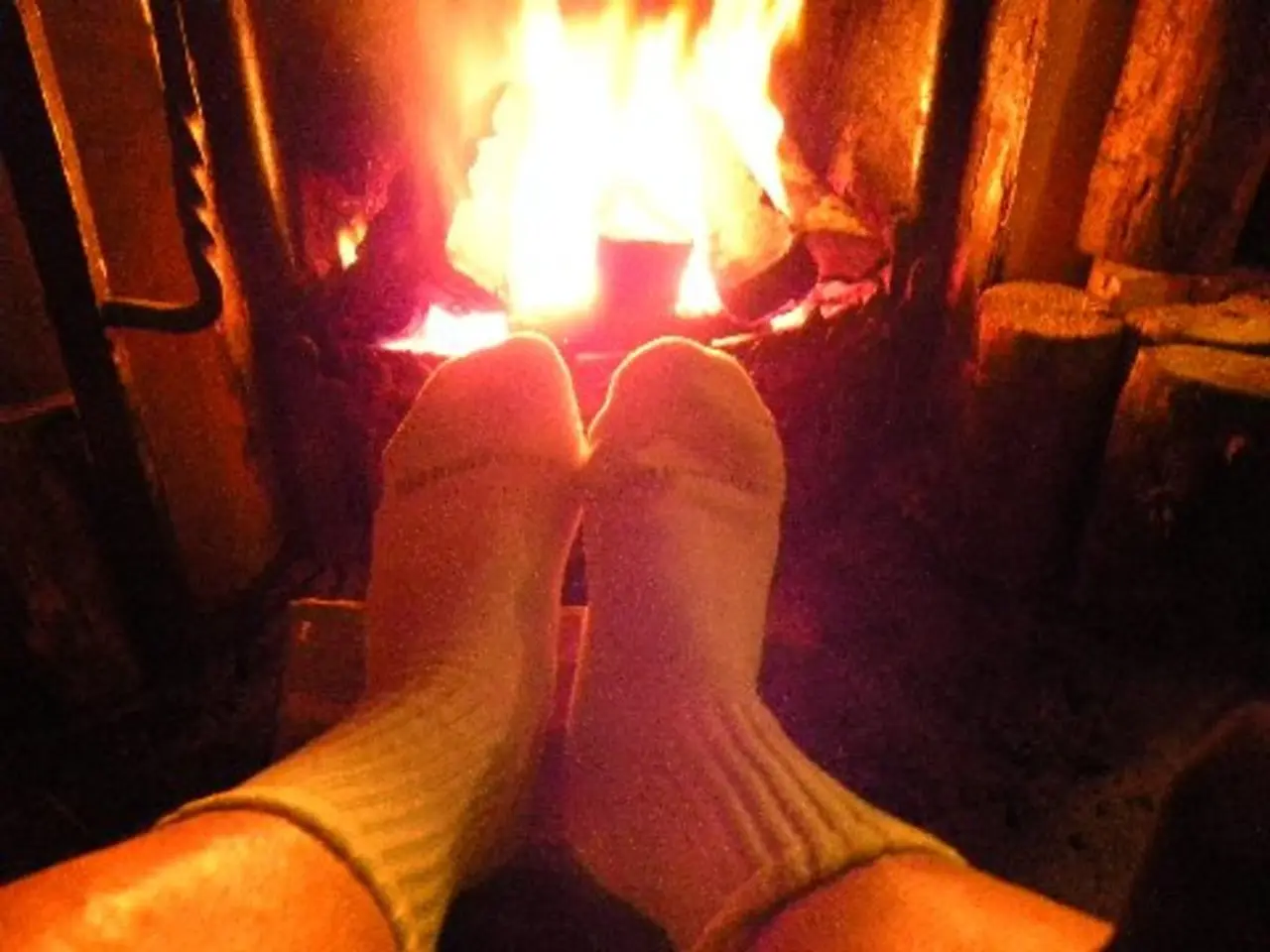Social Media Usage by Minors Prohibited by Potential Texas Laws
Texas House Bill 186: A Controversial Measure to Limit Social Media Access for Minors
Texas House Bill 186, a bill aimed at restricting minors' access to social media platforms like Twitter, TikTok, Instagram, and more, has sparked a debate over First Amendment rights, privacy, and the mental health of teenagers and young adults.
First Amendment Rights: The bill raises constitutional concerns regarding free speech rights. The requirement for parental consent and the restriction on minors creating social media accounts can be seen as a limitation on minors' ability to access protected speech. Legal challenges argue that these age verification measures infringe on the First Amendment by potentially barring minors from receiving lawful speech online. Similar legislation in other states has faced legal pushback on these grounds, highlighting tension between child protection and free speech.
Privacy: Age verification mandates require collecting sensitive personal information from minors, which presents significant privacy and security risks. The process of authenticating users’ ages can expose both minors and adults to data breaches or misuse of their personal information. Scholars argue that "segregate-and-suppress" laws, like HB 186, transform how the internet functions, compromising privacy by forcing platforms to collect and store age verification data primarily to enforce restrictions rather than for user benefit.
Mental Health: Proponents claim HB 186 protects minors from harmful content, online predators, and excessive social media use, potentially benefiting mental health. Restrictions like forbidding use during late night hours aim to reduce exposure to damaging influences and promote healthier habits. However, critics argue that such laws could also harm some minors by restricting beneficial social interactions, supportive communities, and mental health resources found on social media. Blanket limits may suppress positive engagement alongside harmful content.
The American Psychological Association, along with other organizations, has released a report detailing social media's contribution to worsening mental health. U.S. Surgeon General Vivek Murthy also warned about the potential harm of social media to the mental health and well-being of children and adolescents in 2023.
However, concerns have been raised about the bill's practicality. Morgan McGuire, a 17-year-old Texas resident and TikTok creator, expressed concern that strict bills like HB 186 don't address the problem of harmful content online, as it can still affect young adults after they turn 18. Megan Stokes, state policy director for the Computer & Communications Industry Association, stated that HB 186 conflicts with Texas contract law and undermines teens' rights to access information, express themselves, and participate in the digital economy.
The bill requires social media platforms to use "public or private transactional data" for age verification. This oversight, according to Patrick Hedger, director of policy for NetChoice, could lead to websites needing to collect and store sensitive information, creating massive databases that could become targets for hackers. Hedger further stated that the legislation doesn't explicitly state how soon personal data gathered for age verification should be deleted, potentially incentivizing platforms to collect multiple forms of personally-identifiable information.
Despite these concerns, HB 186 has already passed Texas' House with bipartisan support and has garnered support from members of the Senate. The bill's author, Rep. Jared Patterson, considers HB 186 the most important bill he will present this session, citing mental health concerns. Parents can request the deletion of their child's existing accounts, and companies must comply within 10 days.
Texas and Florida are currently the only states with a similar outright ban on social media for minors, with Texas' bill extending to all minors and Florida's extending only to those under 14. Sen. Adam Hinojosa, co-sponsor of HB 186, has expressed concern about the safety of children online and believes the bill can address this issue.
The bill is currently at the center of a Supreme Court case regarding age verification for sexual material harmful to minors, adding another layer of complexity to its future.
[1] Acquaviva, J. (2021). "The Dangers of Segregating Online Content: A Privacy Analysis of Social Media Bills for Minors." Harvard Law & Policy Review, 14(1).
[2] Electronic Frontier Foundation. (2021). "Bills to Protect Kids Online: A Threat to Free Speech." EFF. [Online]. Available: https://www.eff.org/deeplinks/2021/02/bills-protect-kids-online-threat-free-speech
[3] Goldman, A. (2022). "The Mental Health Crisis Among America's Teens." The Atlantic. [Online]. Available: https://www.theatlantic.com/magazine/archive/2022/03/the-mental-health-crisis-among-americas-teens/626278/
[4] Juvonen, J., & Gross, E. (2019). iGen: Why Today's Super-Connected Kids Are Growing Up Less Rebellious, More Tolerant, Less Happy--and Completely Unprepared for Adulthood--and What That Means for the Rest of Us. Spiegel & Grau.
- The Texas House Bill 186, a contentious measure limiting social media access for minors, has sparked debates about First Amendment rights, questioning if age verification measures infringe on minors' free speech rights.
- Privacy concerns surround the bill's age verification mandates, as these measures collect sensitive personal information, potentially exposing minors and adults to data breaches or misuse of their information.
- Mental health is a key concern in the discussion, with proponents arguing HB 186 guard minors from harmful content and excessive social media use, while critics contend it may also restrict beneficial social interactions and mental health resources.
- Further complicating the bill's future is a Supreme Court case involving age verification for sexual material harmful to minors, adding another layer of complexity.
- The bill's passage in Texas' House with bipartisan support signals its potential to become law, as parents can request deletion of their child's existing accounts and companies must comply within 10 days.
- As Texas and Florida are the only states with a similar outright ban on social media for minors, the impact and implications of this legislation on mental health, privacy, and policy-and-legislation, as well as its potential influence on future technology and science in health-and-wellness, entertainment, and politics, remain to be seen.




